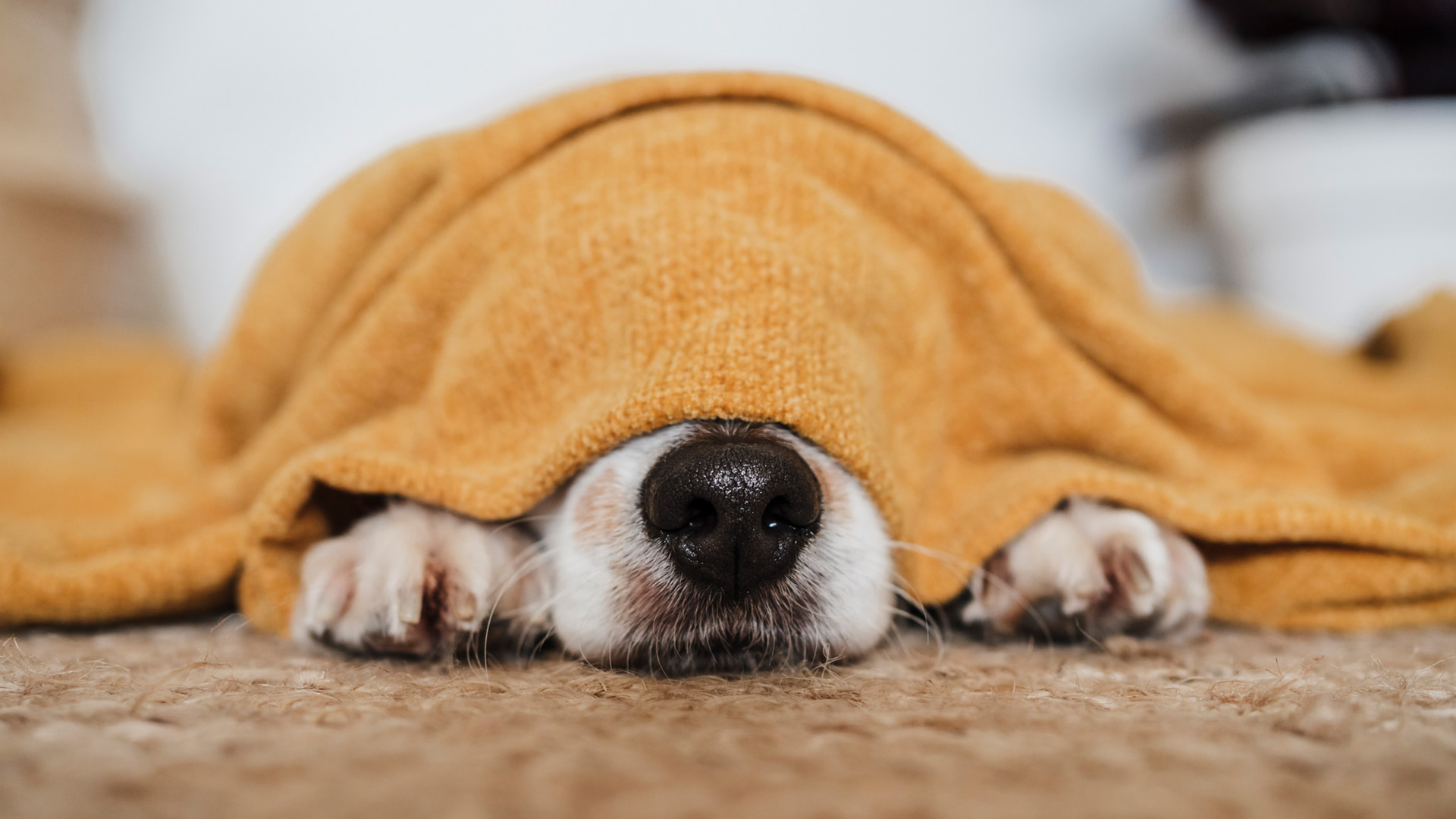Study reveals how dogs cope with the change to Daylight Saving Time
Does your pup adapt to the clocks changing with no problem at all?

Do you think daylight savings time is a good idea? In the fall, we get an extra hour in bed, while in the spring (one month today on March 9, 2025), it means we get to enjoy more light in the evenings, so it’s no surprise that many people approve.
The change in time can take a little while to adjust to sometimes, particularly if you’re awake at night when the clocks change, and it has been shown to disrupt our sleep and behavior in past research. In general, however, a difference of an hour isn’t too tricky to navigate for most of us. But can we say the same for our dogs, or will they just wake up to play earlier or later (we’re looking at you, sleepiest dog breeds) than usual while they adjust?
In a new study, researchers at the University of Toronto aimed to find out whether pet dogs and working dogs need to take any time to manage the change. They used motion-sensitive watches to examine the activity patterns of 25 working sled dogs, 29 pet dogs, and their caregivers, during the weeks surrounding the clocks “falling back”.
Sled dogs were affected, with the time change meaning that their strict daily routine was different. Whereas their handlers used to arrive at sunrise, the change meant that sunrise was an hour before their arrival. So, the dogs were less active in the hour after sunrise than they were before.
However, this shift didn’t happen straight away. On the day the clocks changed, they were more active than usual in the hour prior to their handlers arriving.
In contrast, the morning activity of pet dogs didn’t change. Despite their pet parents waking up earlier on weekdays, the dogs themselves generally didn’t display any behavioral changes in the morning. However, age had an impact, with older pet dogs being less active on the first morning after the change.
While pet dogs don’t seem to be affected too much by daylight savings time, however, it’s important to remember that dogs’ daily lives can be affected when their humans’ schedules change.
PetsRadar Newsletter
Get the best advice, tips and top tech for your beloved Pets
The authors explained in a release: "Our study comparing companion and sled dogs finds that flexible routines can help dogs better adjust to abrupt schedule changes like Daylight Saving Time."
If you have a recurring issue of your pup waking you up, however, here’s how to get your dog to sleep later in the morning. Meanwhile, here’s how to build more fun into your dog’s routine, and the answer to why do dogs sleep so much?

Adam is a freelance journalist specialising in pets, music and culture, and mental health and wellbeing. He investigates and writes the large majority of news on PetsRadar, and collaborates with veterinary experts to produce informative pet care content.
Adam has a journalism degree from Southampton Solent University and a masters degree in Magazine Journalism from Cardiff University. He was previously senior editor at dog advice website DogTime.com, and has also written for The Independent, GoodToKnow and Healthline.
He owns two rescue cats, Bunny and Dougie, and has also previously had a rabbit, fish and Roborovski dwarf hamsters.
